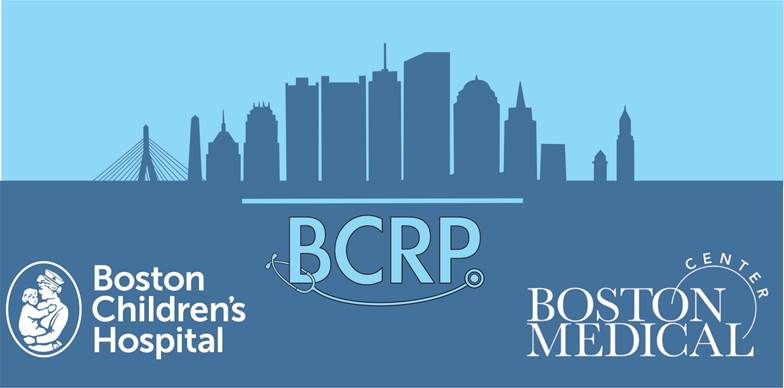The BCRP implements new ACGME changes
As new ACGME Pediatric Program Requirements are implemented starting in AY 2025-2026 and continuing into AY 2026-2027, there will be substantial changes in the allocation of time in the program among Inpatient Experiences, Ambulatory Experiences and Individualized Curriculum. We are excited to implement these new ACGME changes which will provide residents with an outstanding balance of learning opportunities! Overall, we will phase in these new requirements over 2 years and there will be a re-balancing of the residency curriculum with reductions of inpatient experiences and increases in the amount of time spent in ambulatory experiences and individualized curricula.
Inpatient Experiences
The BCRP has always provided a broad and in-depth exposure to inpatient pediatric medicine. With the implementation of the new ACGME requirements, we will reduce the amount of time spent on inpatient rotations by about 12 weeks over 3 years. In doing so, we have two major educational priorities: 1) provide a broad exposure to general pediatric inpatient experiences; and 2) ensure adequate time on critical care rotations to expose residents to the sickest patients in the hospital.
Ambulatory Experiences
Our program will expand ambulatory time throughout the program, especially in the first two years. We will introduce an Ambulatory Subspecialty Selective experience as a 2-week rotation in the first year and a 2-week rotation in the second year from a curated list of subspecialty rotations at BCH (Hematology and Endocrinology) and BMC (Neurology). In AY 2026-27, there will be new Ambulatory Subspecialty Selectives at BCH (Cardiology) and at BMC (Cardiology) during the PGY2 year. A new General Pediatrics Ambulatory rotation will feature ample time in the urgent care clinics at BCH and BMC, as well as in “specialized” general pediatrics clinics such as Healthy Weight, Grow Clinic, the Pains and Incontinence Program and the Headache Clinic. Behavioral and Mental Health curriculum is being expanded from 2 weeks to 4 weeks over the 3 years. These ambulatory experiences offer residents the opportunity to see a variety of patients as they first present for care in the general pediatrics ambulatory clinic setting.
Individualized Curriculum
We have catalogued nearly 80 elective experiences for residents to select for their individualized curriculum. Of the 40 weeks of individualized curriculum, 20 weeks will be Elective time during which residents may choose to focus on more in-depth clinical or scholarly experiences, including a unique feature of the BCRP, the Academic Development Block. The remaining 20 weeks is devoted to Subspecialty experiences which will include time on inpatient subspecialty consultation services and in ambulatory subspecialty clinics. The individualized curriculum is intended to support the learning needs and career plans for each individual resident.
BCRP Educational Units and the A+B+C Sequence of Rotations
In the 2022-2023 Academic Year, the BCRP made a transformative change to X+Y scheduling. We have further refined this X+Y model of 6-week Educational Units with what we now term A+B+C. There are eight 6-week Educational Units per year with an additional 4-week period over the holidays (Christmas, New Year’s, Hanukkah). A+B+C represent the three 2-week blocks in each Educational Unit. A+B blocks feature mainly inpatient rotations but will also include ambulatory and individualized curricular time as we rebalance time in training. C blocks will include Electives, Ambulatory Subspecialty rotations, Subspecialty rotations (a mix of ambulatory clinics and inpatient consult services), Primary Care, Developmental Behavioral Pediatrics, Adolescent Medicine, Behavioral and Mental Health and the Teach Rotations. We are committed to providing an optimal exposure to the breadth of pediatrics and an opportunity to balance inpatient and ambulatory time.



